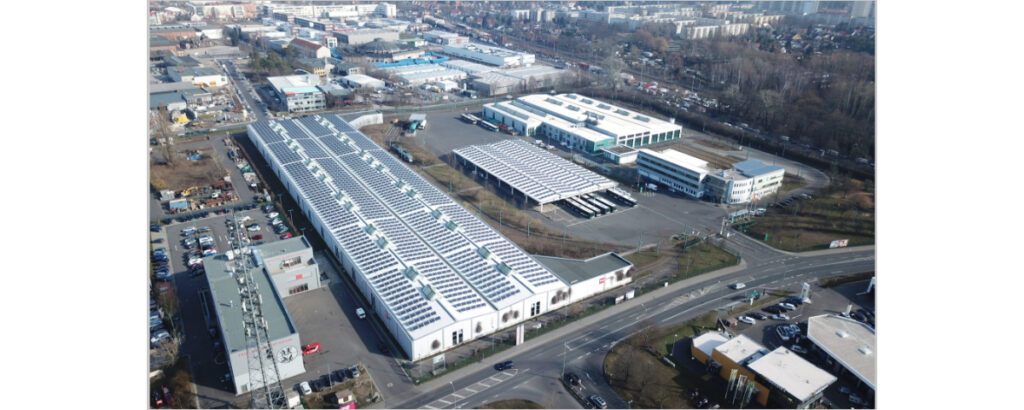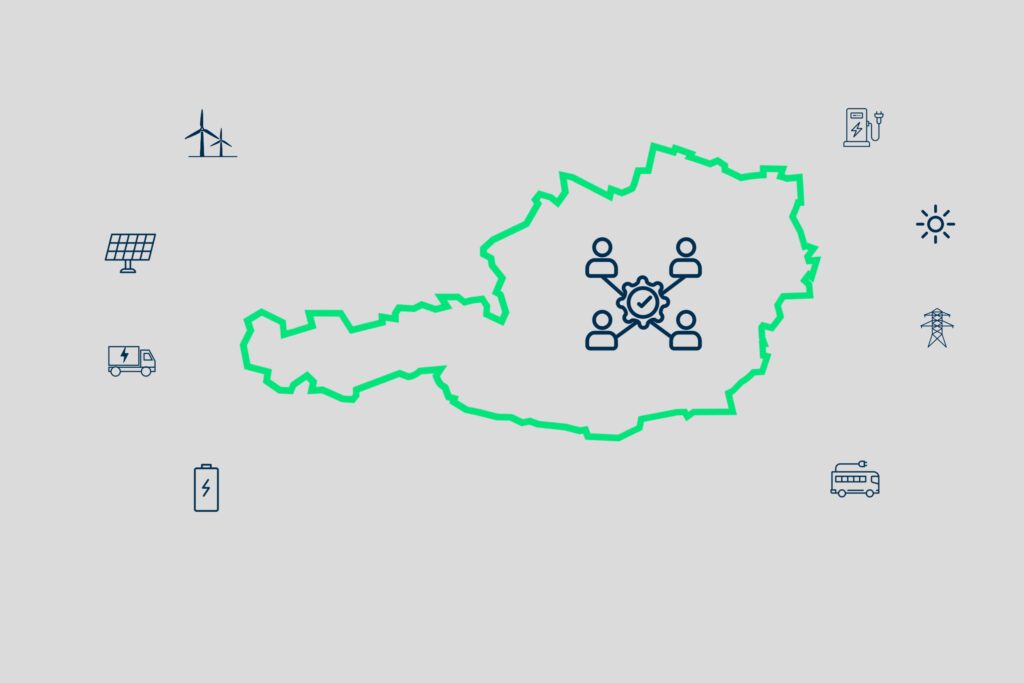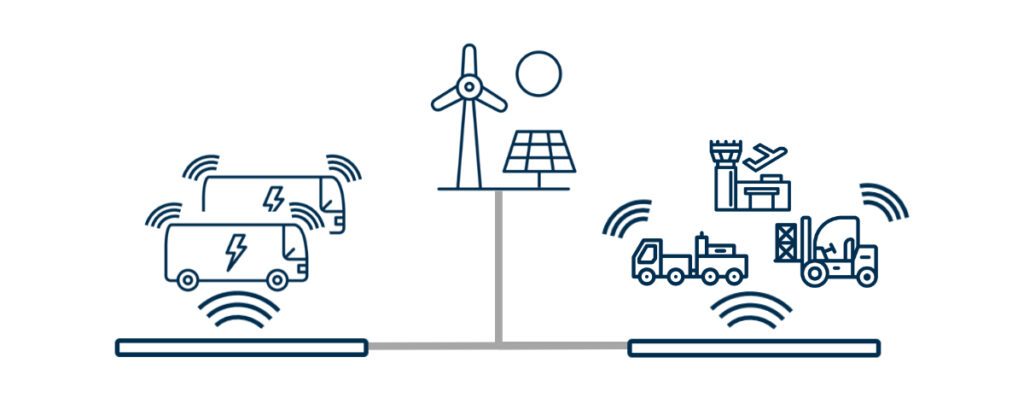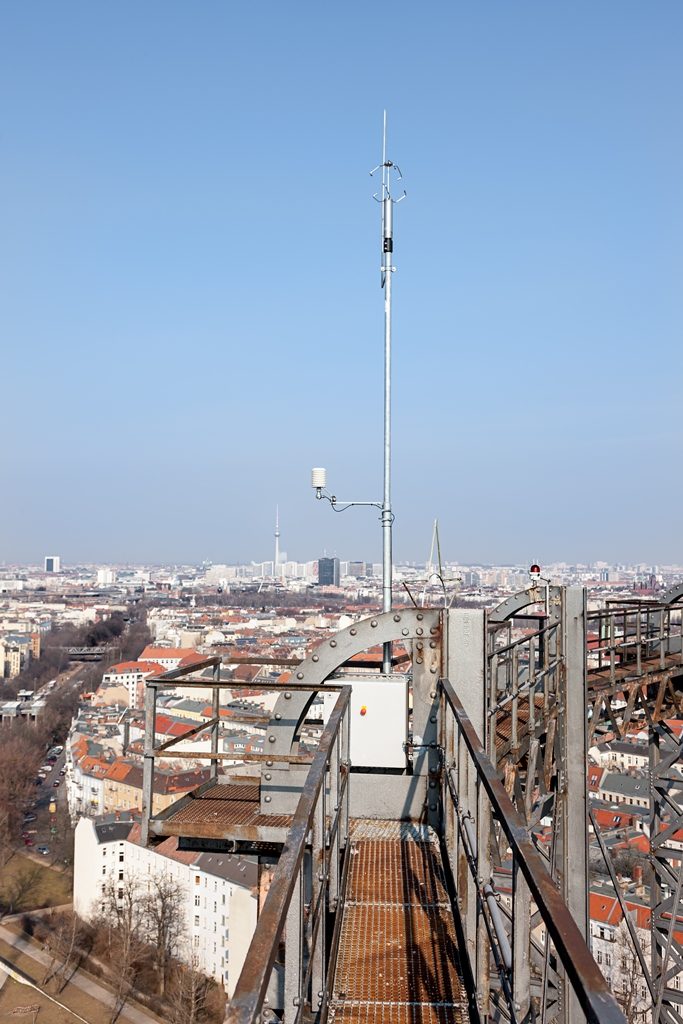
Grid Integration of E-Mobility
Electrification of the transport sector is an important task in the context of the energy and transport transition. For this to succeed, various questions of integration into the power grid must be clarified, for example: How do additional peak loads affect the power grid? What can grid- and system-serving charging strategies for electric vehicles look like? How can electric vehicles be optimally integrated into the power grid as mobile storage units with a total capacity of several gigawatt hour already, and what challenges need to be solved that arise from highly fluctuating usage behavior of electric fleets or the volatile feed-in of power generation by photovoltaic and wind power plants?
The increasing volatile feed-in of renewable energies makes the use of flexibilities in the purchase of electricity increasingly important in order to be able to adapt demand to supply. Electric vehicles offer high potential. In most applications, the installed batteries’ capacity exceeds the vehicle’s own daily energy requirements many times over. When vehicles are stationary for long periods, flexibility options therefore arise for shifting electricity purchases to times of low energy demand or high feed-in of electricity from renewable sources.
How the Reiner Lemoine Institute helps
RLI identifies options and potentials for the efficient grid integration of electric vehicles for grid and fleet operators and other stakeholders. Intelligent technical integration can reduce the load on the grid. Economic benefits for all stakeholders are achieved through suitable incentive systems. In this way, grid integration helps to accelerate the energy and transport transition.
Contact

Friederike Reisch
Project developer mobility & Deputy Head of Unit
+49 (0)30 1208 434 32 friederike.reisch@rl-institut.deExample projects
Netz_eLOG: Intelligent grid integration of e-mobility
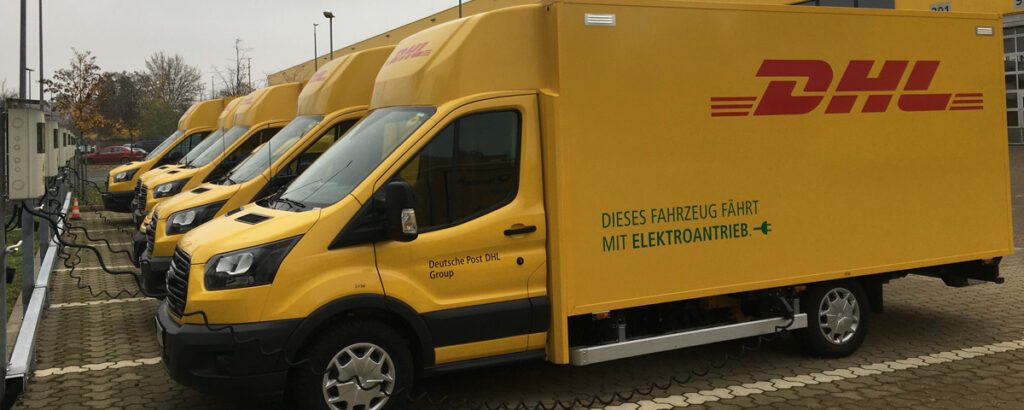

ErSiFlex-VZ: Renewable Power Generation, Price Signal and Flexibility in the Distribution Grid of the Future



